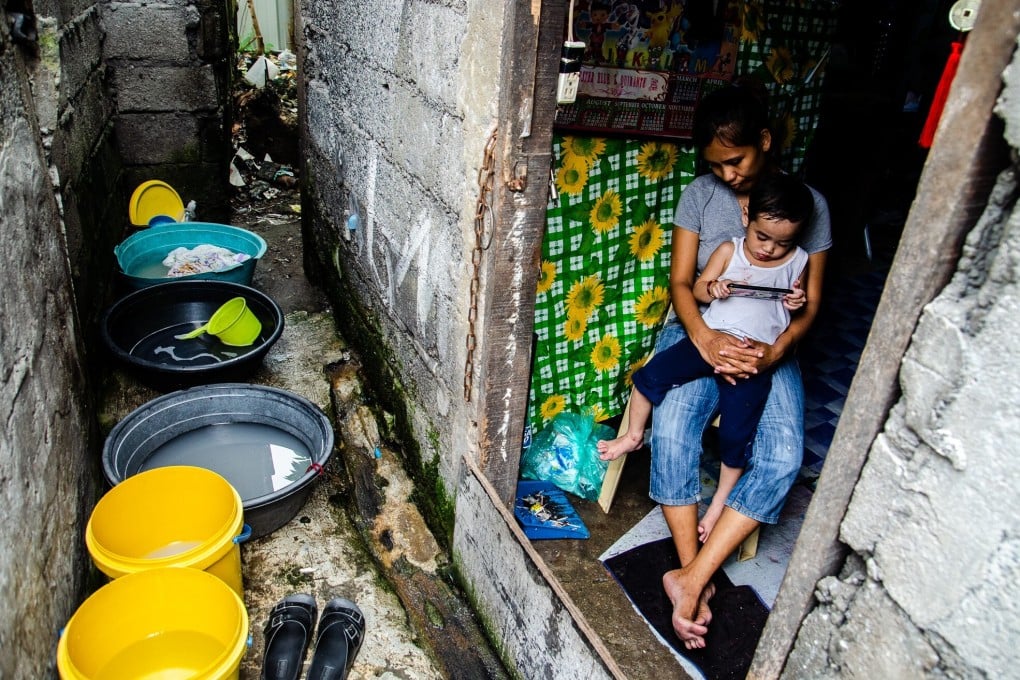Coronavirus: Asian women pay the price of pandemic as Covid-19 ravages economies, jobs
- Gender inequality is on the rise amid the pandemic, with women disproportionately affected by job losses and the poverty that results
- Some high-flying executives see the crisis as an opportunity for reform, but observers say governments need to do more to bridge the gender divide

She had run the restaurant’s day-to-day operations for more than a year and was looking forward to working with its new owners, until they suddenly withdrew their bid to buy the place and she was abruptly let go, along with the rest of the staff.
The 54-year-old mother of three has been unable to find work since, which has been devastating for her as a single parent, because “it’s always been and always will be important for me to have a stable income,” she said.

Around the world, women like de Guzman are being forced to bear the brunt of Covid-19’s social and economic consequences. A rising number have been forced into unemployment either by the pandemic or the measures put in place to curb its spread, with many of the hardest-hit industries – such as food, retail and entertainment – composed of workforces that are mostly female. Not only that, but about 70 per cent of health workers and first responders worldwide are women, too.
Scholars and researchers predict that the pandemic and its aftermath will roll back the economic gains made by women over the past few decades and reinforce existing disparities. Most governments in Asia have done little so far to pre-empt or tackle the challenges faced by their female populations.